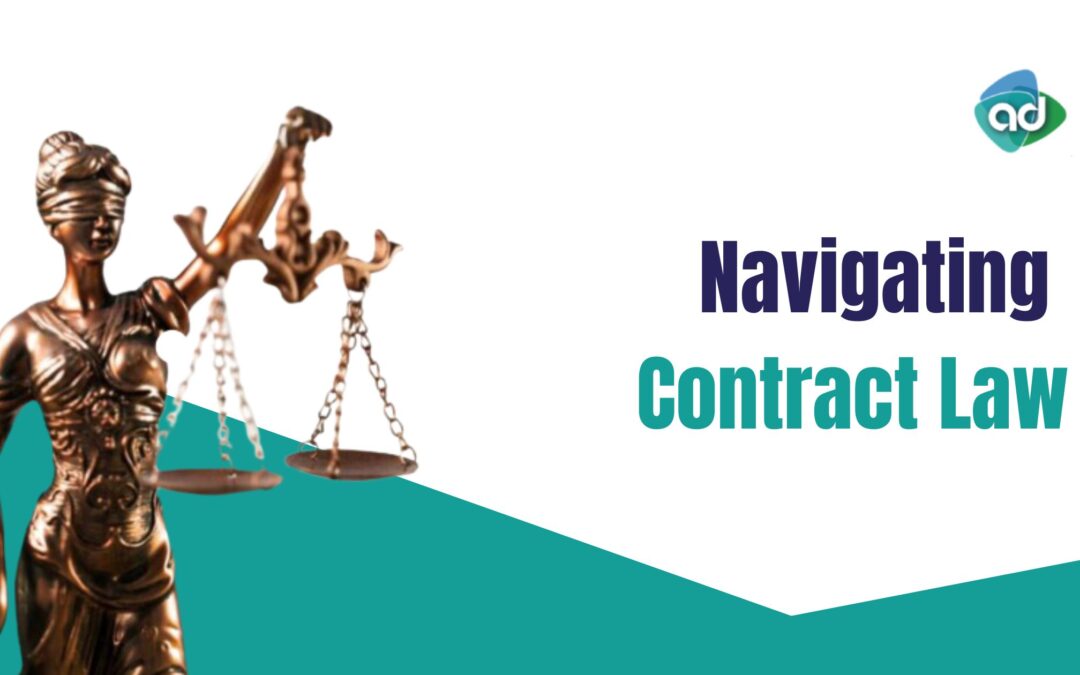As a small business owner, contracts form the backbone of your operations. From suppliers to clients and employees, contracts outline the rules of engagement, helping you avoid disputes, misunderstandings, and potential legal troubles.
However, navigating business contracts can be complex, especially if you’re not familiar with the nuances of contract law.
Here are some essential tips to ensure your contracts protect your business interests.
1. Common Pitfalls in Business Contracts
One of the biggest risks for small businesses is overlooking key details in contracts. Contracts might seem straightforward at first glance, but hidden pitfalls can lead to costly mistakes if not addressed early. Here are some common pitfalls to be aware of:
- Vague or Ambiguous Terms: Contracts should leave no room for misinterpretation. Ambiguity in terms like delivery timelines, payment conditions, or service levels can lead to confusion or disagreements. For example, if a contract states “payment upon delivery” without specifying a date or condition, you could end up waiting longer than expected for payment.
- Missing Essential Clauses: Important clauses such as force majeure, dispute resolution, and confidentiality are often overlooked. A well-drafted contract should include protections in the event of unforeseen circumstances, such as natural disasters or supplier issues, and offer a clear path for resolving disputes without expensive litigation.
- Verbal Agreements: Relying on verbal agreements is risky. Always ensure that agreements are in writing to provide a solid legal foundation. Even small verbal tweaks or side agreements made during negotiations should be documented in writing to avoid any future disputes.
Example:
A small business owner signed a contract with a supplier that didn’t specify the exact delivery times. As demand increased, delays in supply became a major issue, but because the contract was vague, the owner couldn’t enforce timely delivery. This could have been avoided with clearer terms.
2. Ensuring Your Contracts Are Legally Sound
Your contracts need to clearly outline the expectations, responsibilities, and protections for all parties involved. A legally sound contract not only helps your business avoid disputes but also ensures that your rights are protected in the event of a breach.
- Define Roles and Responsibilities Clearly: Whether you’re contracting with a supplier, a customer, or an employee, your contract should clearly outline each party’s role and responsibilities. This can help prevent disputes about who is supposed to do what.
- Include Safeguards for Breaches: What happens if the other party fails to meet their obligations? Your contract should outline remedies for breaches, such as compensation or penalties. For example, if a supplier delivers faulty products, the contract should provide for returns or refunds.
- Stay Compliant with Current Laws: Laws governing contracts can change, and failing to comply with updated regulations can leave you exposed. It’s important to stay on top of legal changes or work with legal experts to ensure your contracts remain compliant.
Example:
If your business enters into a contract with a client in another country, the contract must comply with both UK and international regulations. A legally sound contract can protect you from liability while clarifying the governing laws.
3. The Importance of Regular Contract Reviews
Business conditions evolve, and so does the legal landscape. Contracts that were suitable at the start of a relationship may no longer meet your needs or comply with current laws. That’s why regular contract reviews are essential.
- Stay Current with Legal Changes: Laws surrounding data protection, employment, and even trade tariffs can affect the enforceability of your contracts. Regularly reviewing contracts ensures they are updated to reflect these changes.
- Reflect Changes in Business Operations: If your business has grown, or if the scope of work has expanded since the contract was first drafted, it’s vital to ensure that these changes are reflected in the contract terms. For example, if you’re now outsourcing work, this should be included in any agreements with clients.
- Avoid Legal Disputes: An outdated contract may not provide sufficient protection. For instance, if a contract doesn’t reflect recent data privacy laws, you could face fines or lawsuits.
Example:
A small business that expanded into digital services needed to update its client contracts to include GDPR-compliant clauses, ensuring the protection of client data and avoiding hefty fines.
4. How AD Legal Can Help
Contracts might seem intimidating, but that’s where AD Legal comes in. We specialise in helping small businesses ensure their contracts are rock solid. Here’s how we can help:
- Drafting Tailored Contracts: We work closely with you to draft contracts that meet your specific needs, ensuring all key clauses are included and tailored to your industry.
- Reviewing Existing Contracts: If you already have contracts in place, we can review them to ensure they’re legally sound, up-to-date, and protecting your interests.
- Negotiating on Your Behalf: Not sure how to negotiate the best terms? We can handle negotiations with other parties to secure terms that work in your favour, saving you time and potential disputes down the line.
At AD Legal, we pride ourselves on being more than just legal experts. We’re your business partner, ensuring that every contract you sign helps your business thrive and protects your bottom line.
Need a Contract Review? Get in touch with AD Legal today to ensure your contracts are legally sound and working for you. Call us or visit us at ADLegal.uk for more information.
